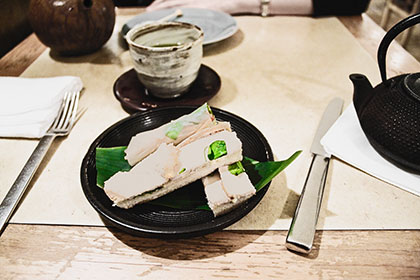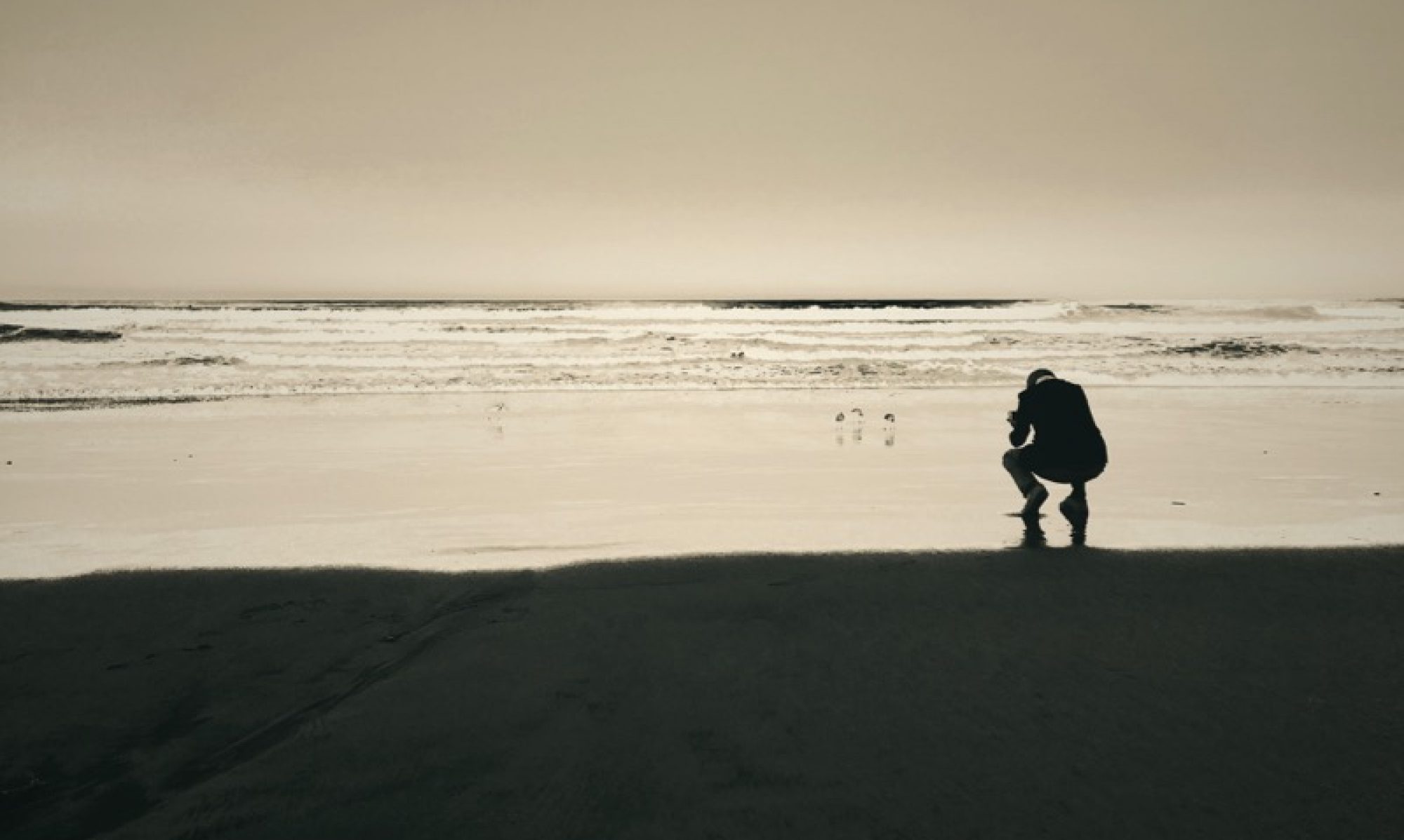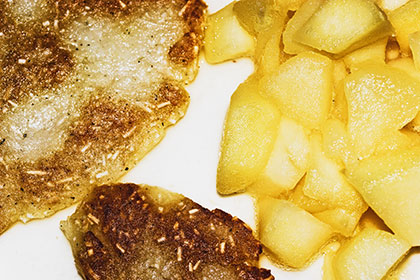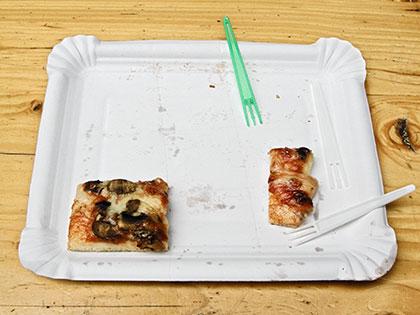It is undeniable that my longings for European food are not inspired by UK cooking. It’s the cooking from the Alps, and Italy, and ultimately the whole Mediterranean that I am missing. However, I was a student in England for a semester, and there is one deep truth to be learnt from the British: tea is a heal-all. It’s not like Italians think, that tea is only for the five days per year when you have the flu. Tea cures everything, loneliness, sadness, exhaustion, nervousness, you name it. “Have a cup of tea”—the very sound of these consoling words shuts out the world, and here you are, already getting better!

So, when fall sets in, and you find yourself in Manhattan, where people believe in modern science rather than the spell of a cup of tea, where do you turn? There’s not a single truly British tea place here (in the semi-sad, nostalgic sense that makes it all work). So, there’s one more reason to explore the Asian cuisines. In fact, this is not only advisable for cold autumn days. If you are one of these weaklings from Europe like me who freezes to death in Manhattan’s air-conditioned restaurants during summer, you might want to always steer your friends to Asian restaurants, with your secret plan of surviving the lunch hour by holding on to endless cups of hot green tea.
But the true curing experience, the one that will faintly remind you of England, can only be revived in very few places. Clearly, the “Tea Box” restaurant at Takashimaya on 5th Avenue is one of them. Tea comes in the most beautiful pots and cups (very unlike the tea you had in England), and tastes simply amazing. While there’s really nothing European in this experience at all, it will strike a note and make you happy.


